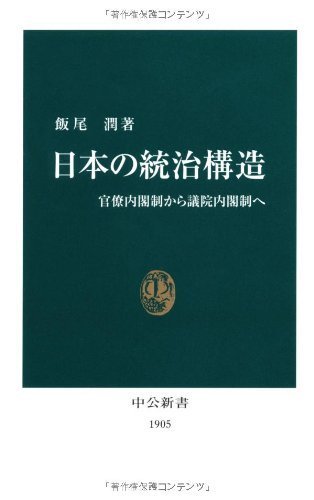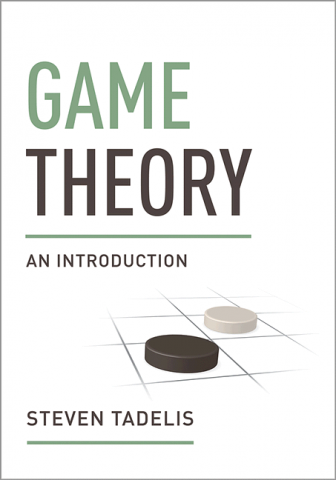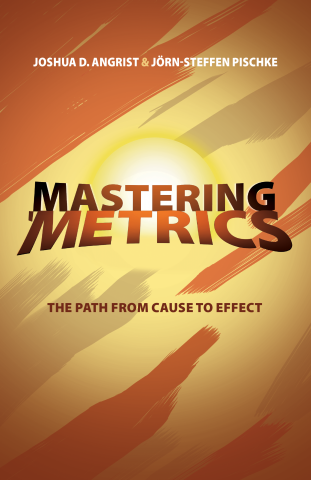Introduction
Lecture 1 part 1, Political Economics I
OSIPP, Osaka University
6 October, 2017
Masa Kudamatsu
Osaka University Political Economics sequence
Political Economics II
Theories / Methodologies
Political Economics I
Empirics / Topics
Masa Kudamatsu
Tetsu Matsubayashi
Undergrads can take credit
Undergrads can only audit
Quarter 3 (Oct - Nov)
Quarter 4 (Dec - Feb)
To help you do research on politics as an economist
PhD students can only audit
PhD students can take credit
Political Economics I
Aim 1: Construct a simple model to guide your empirical research
Examples from top journal papers
Political Economics I
Aim 2: Learn the jargons of political economics
e.g. "Downsian" electoral competition
So you'll be able to read any papers in political economics
Aim 3: Learn the evolution of theoretical interests
Inspiration for coming up with new theoretical questions
Political Economics I
How we achieve these aims?
Each lecture's structure
Topics covered
Term paper
Each lecture's structure
How to set up a model
Equilibrium concepts
and how to solve the model
Which assumptions of the model
are not innocuous
Evidence for model assumptions / predictions
Examples of applying the basic model
Topics covered
in this course
workhorse models in political economics
5
Lecture 1
Lecture 2
Lecture 3
Lecture 4
Lecture 5
Median Voter Theorem
Citizen-candidate Model
Probabilistic Voting Model
Political Agency Model
Legislative Bargaining Model
Recent top journal papers
NBER Working Papers in the past 12 months
Median Voter Theorem
Citizen-candidate Model
Probabilistic Voting Model
Political Agency Model
Legislative Bargaining Model
topics for which no single accepted model is available in political economics
3
Lecture 6a
Lecture 6b
Lecture 7
War
Voter Turnout
Lobbying
Contest Model / Asymmetric Information / Commitment
Pivotal Voting / Mobilization / Ethnical Voting
Contest Model / Menu Auction / Cheap Talk /
Verifiable Information Transmission
NBER Working Papers in the past 12 months
Contest Model for
War
Contest Model for Endogenous Institution
Contest Model for Lobbying
Turnout
Term Paper
Grading Policy
You'll be graded purely based on your term paper
I want you to be a researcher, not a learner
Submission deadline:
send a PDF copy to kudamatsu@osipp.osaka-u.ac.jp by
9 am
Friday December 15
cf. Last lecture: December 1
Term paper
It has to be a research proposal (imagine applying for a grant)
Research question that is original, interesting, and feasible
Theoretical framework (not necessarily in math)
Empirical method & Data sources
For theory, one proposition for a specific case is enough
For empirics
Review the literature only for why original and important
Come up with a research question
by Next Friday
Then throughout the course you can see
whether each model can be used to answer the question
How?
And one good source of inspiration is...
Politics in Japan

Read this book (amazon.co.jp)
Policy-making process in Japan is
often not based on laws
This book helps you understand such unwritten rules followed by Japanese politicians
Written in 2007,
but still largely relevant
Prerequisites
Do you know what Perfect Bayesian Equilibrium is?
Do you know what Regression Discontinuity Design is?
If your answers are both yes...
you're ready for this course
If you don't know what Perfect Bayesian Equilibrium is...

Read Chapters 15-16 of
before Lecture 4 begins (27 October)
Other chapters useful for this course:
Chapter 5 (Nash Equilibrium)
Chapters 7-8 (Subgame Perfect Nash)
Chapter 11 (Bargaining for Lecture 5)
Chapter 18 (Cheap talk for Lecture 7)
If you don't know what Regression Discontinuity Design is...

Angrist and Pischke (2015)
Mastering Metrics: The Path from Cause to Effect
Princeton University Press
Read Chapter 4 of
before next Friday
Other chapters useful for this course:
Chapter 1 (RCT)
Chapter 3 (IV)
Chapter 5 (DID)
Textbooks
Persson and Tabellini (2000)
Chapter 2 for Lecture 1
Sections 3.1-3.3 for Lecture 1
Section 3.4 for Lecture 3
Section 5.3 for Lecture 2
Section 5.4 for Lecture 5
Chapter 8 for Lecture 3
Chapter 10 for Lecture 5
Besley (2006)
Chapter 3 for Lecture 4
Political Economics I: Lecture 1 part 1 Introduction
By Masayuki Kudamatsu
Political Economics I: Lecture 1 part 1 Introduction
- 1,607



